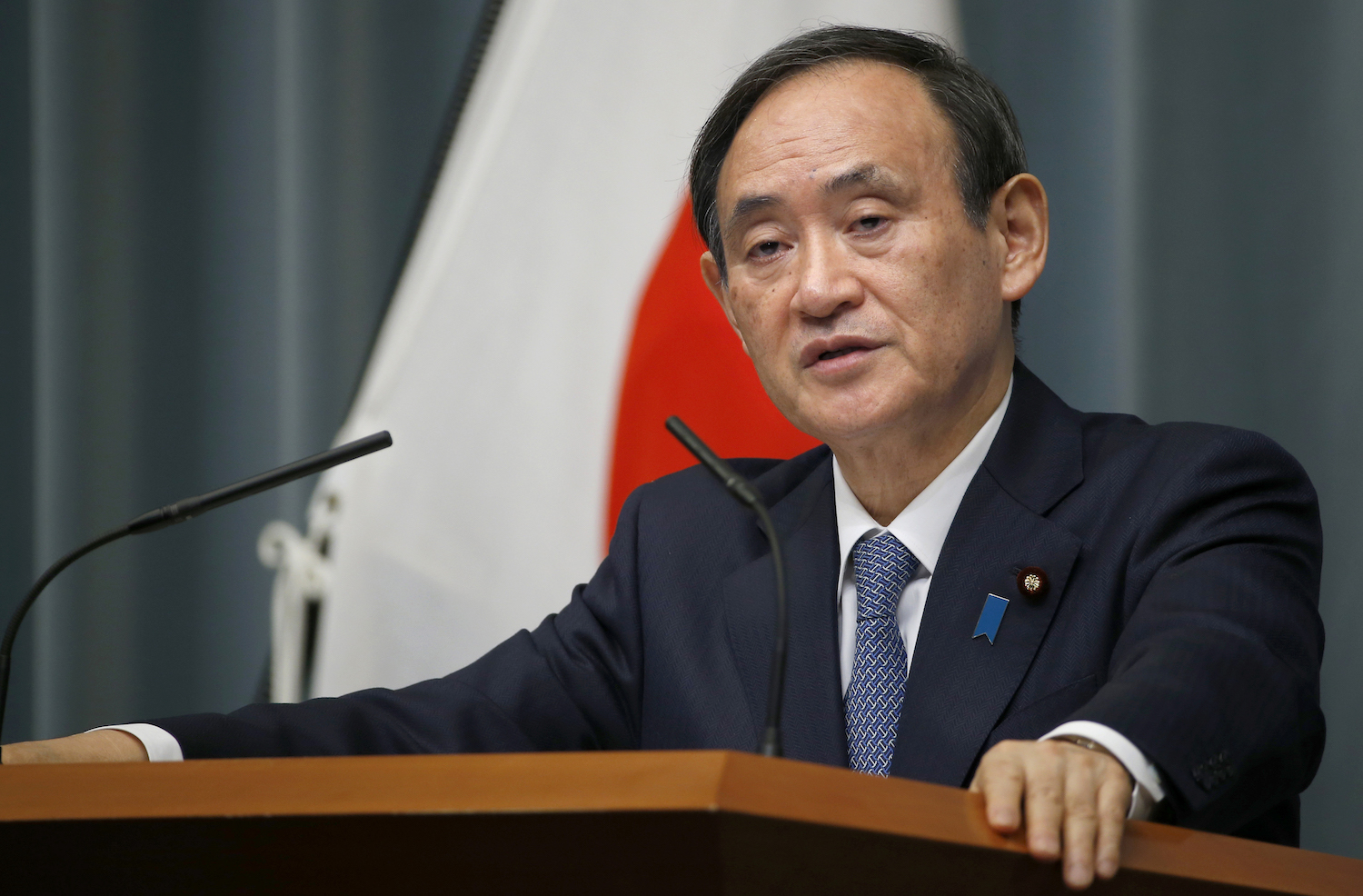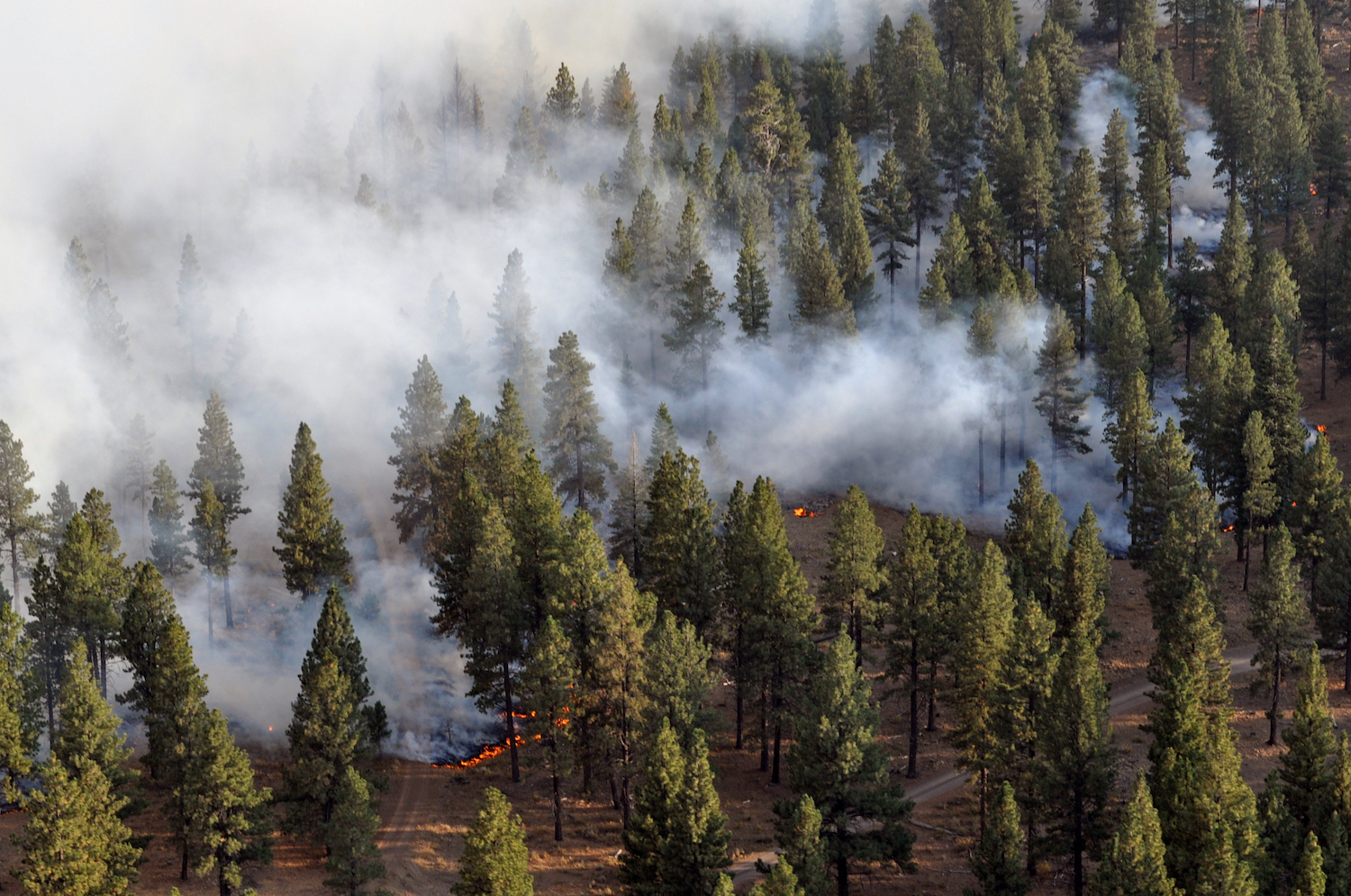When Shinzo Abe suddenly stepped down in August due to health concerns, Yoshihide Suga stepped up to be Japan’s next prime minister, following years in the background of Japanese politics.
The 71-year-old prime minister will have to deal with the country’s economic stagnation, aging population and new challenges due to the global pandemic. According to Worldometer, as of Sept. 25, Japan has had 80,041 coronavirus cases with 1,520 confirmed deaths.
Unlike Abe, who is a third generation politician, Suga came from the rural north of Japan. However, being the son of a strawberry farmer and school teacher did not stop him from being elected as the leader of the conservative Liberal Democratic Party on Sept. 16.
John Vail, a chief global strategist at Nikko Asset Management, said to the South China Morning Post “Suga’s experience with the virus situation, including his appropriate pushback on complete shutdowns, is key, as this is Japan’s greatest concern right now.”
Al Jazeera also reported that while the new prime minister depicts a continuation of Abe’s policy framework, Suga plans to implement more policies on agriculture and tourism in order to better the country’s rural communities.
After years of being the longest chief cabinet secretary in the country, Suga is known for his skills in political deal-making and his understanding of Japan’s complex nature in the bureaucratic system.
“Nobody has had as long a tenure as Suga,” said Kiyoaki Aburaki, managing director of BowerGroupAsia in Tokyo, to Al Jazeera. “He knows everything. He knows how the government works. He knows how sectionalism has previously prevented change. That is a great asset for him.”
The South China Morning Post reported while Suga seems to have sufficient support, his obstacles will be determined by his diplomatic skills, such as dealing with Japan’s relationship with the United States and China.
An associate professor of international relations at Tokyo’s International Christian University, Stephen Nagy, explained “Japan’s broad approach towards China has been to balance accommodation with Beijing with security, and integrating the Japanese economy into those of its neighbors in the rest of Asia.”
Within his first ten days in office, Suga spoke to China’s President, Xi Jinping, the first call between the two countries’ leadership since the pandemic began.
“Stable relations are important not just for our countries but for the region and the international community. I want to fulfill that responsibility,” Suga said during a NHK broadcast following the conversation.
Even with his experience, not everyone is convinced that Suga is up for the job.
“He has very little in the way of a network outside Japan and does not come across as a natural diplomat, so I do not anticipate that he will look at ease alongside other foreign leaders,” said Koichi Nakano, professor of politics at Tokyo’s Sophia University, to the SCMP.
“It is true [Suga] was the longest-serving chief cabinet secretary, but in that time, he came across as very secretive, very authoritarian and something of a bully in the press conferences that he held every day,” Nakano said.






